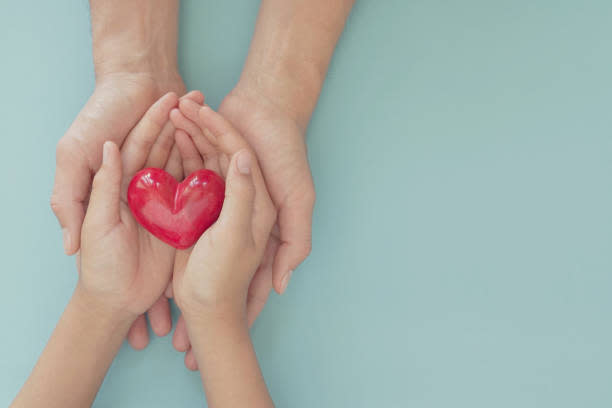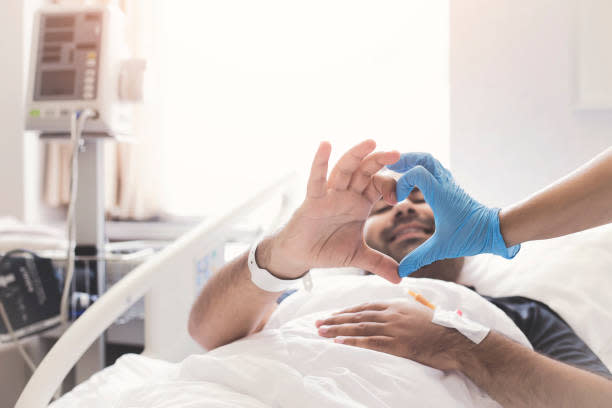
Estate Planning
Should You Become An Organ Donor?
April 21-27 is National Organ and Tissue Donation Awareness Week
Many people are conflicted when they hear the words organ donation. There are a lot of misconceptions and false information about organ donation that stops people from donating. And often a decision about donating comes with a time of great sadness for families. Importantly, it's worth making your wishes clear in your advance health care directive.
According to the Health Resources & Services Administration, more than 106,000 Americans, including men, women and children, are on the national transplant wait list. Yet just more than 40,000 transplants were performed in 2021. Notably 17 people die each day waiting for a transplant, and every 9 minutes another person is added to the transplant waiting list. Thus every donor can save 8 lives and enhance 75 more. However, making a decision on donating your organs is important and should be based on your personal preferences. We hope we can help you make your decision with this article.
Everything you need to know about organ donation
The type of organs you can donate depend on the person and are determined at the time of someone's death. You can donate organs as well as tissue, including:
Heart and lung
Kidneys and liver
Pancreas and Intestines
Skin grafts, bone grafts, connective tissue, veins, and corneas
Choosing organ donation does not affect your care as saving your life will always come first. Organ donations are considered as a gift, so family members are never held responsible for any cost related to the donation. The donation list is also not affected by wealth or social status and serves the people on top of the list first.
Usually potential donors are admitted to the hospital after an illness or accident and have either experienced a brain aneurysm, stroke, or severe head trauma. However, despite common misconceptions, the team caring for the patient does everything to save their lives, and has nothing to do with the organ donation process. Additionally organ donation does not affect the funeral arrangements and a casket viewing is possible after a donation (create your funeral directive here).

Why you should/should not become a donor
Like previously stated, the decision to become a donor should be made by yourself only, and we can only do our best to aid you in the process. Here are a couple of pros and cons to ease your decision.
Pros:
You can donate at any age, even if you are under 18 (with consent of a parent)
Most religions endorse organ donations, including most branches of Christianity, Judaism, and Islam
You can save lives - up to eight to be exact; by donating your major organs you can help people whose lives depend on donations
Your death can be more meaningful, and you can extend the lives of other people
You can further medical research if you decide to donate your body for science
Cons:
Your family and loved ones might disagree with your decision and you will encounter resistance with your decision
The person who receives your organ(s) might reject it, despite medication; this can be hard on your family if they get to meet the recipient
Your family might have to wait longer to make arrangements, since the hospital usually keeps people on life support until a match for their organs is found
Donation process (in the U.S.)
There are no requirements to become an organ donor. You can become a donor without any restrictions tied to ethnicity, race, or legal status. Some medical conditions can prevent you from becoming a donor, including HIV, tuberculosis, and a few other diseases.
You can sign up to be an organ donor after death with your state’s donor registry here. Otherwise you can fill out an organ donor card when you get or renew your driver’s license.
We at GoodTrust strongly encourage you to make your own decision about organ donation and do not offer any legal advice. GoodTrust is a complete online estate-planning and digital legacy service. Sign up today.